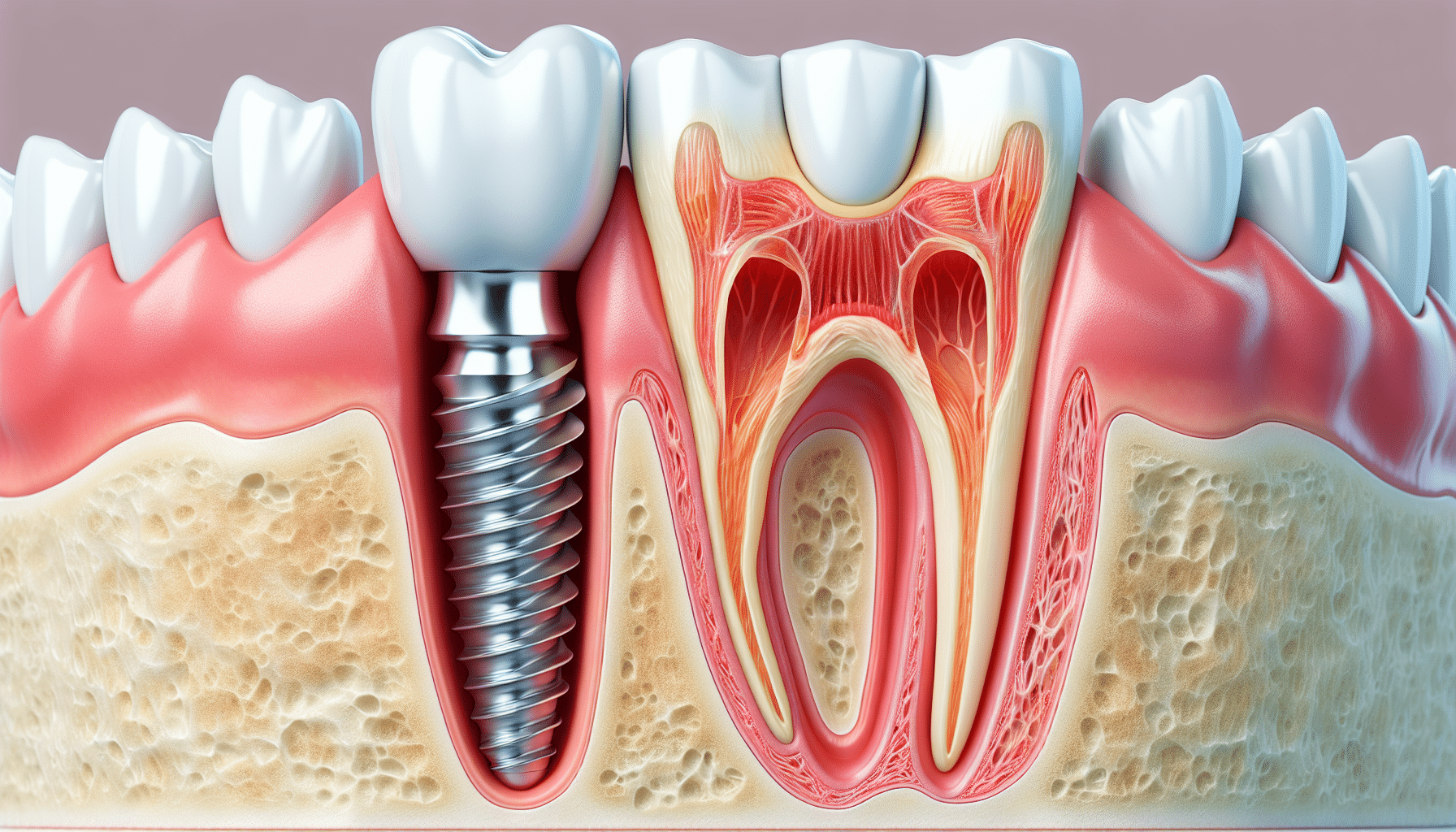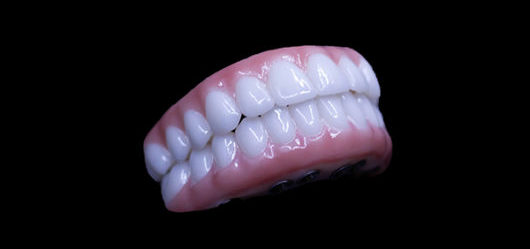What Does Dental Sense Mean?
What Does Dental Sense Mean?
Blog Article
A Biased View of Dental Sense
Table of ContentsAbout Dental SenseRumored Buzz on Dental SenseThe Of Dental SenseAll About Dental Sense
are medical gadgets operatively dental implanted right into the jaw to bring back a person's capability to eat or their appearance. They give support for artificial (phony) teeth, such as crowns, bridges, or dentures. When a tooth is lost due to injury or condition, a person can experience complications such as fast bone loss, malfunctioning speech, or adjustments to eating patterns that cause discomfort.Oral dental implant systems consist of a dental implant body and oral implant joint and may also include a joint addiction screw. Root canal procedure. The oral implant body is operatively inserted in the jawbone instead of the tooth's root. The oral implant joint is typically affixed to the dental implant body by the joint addiction screw and prolongs via gum tissues into the mouth to sustain the affixed man-made teeth
(https://www.slideshare.net/matthewmusic33101)Structure of The Oral Implant System selecting oral implants, talk with your dental copyright about the possible advantages and threats, and whether you are a prospect for the treatment. Things to think about: Your overall wellness is a crucial consider figuring out whether you are an excellent candidate for dental implants, how much time it will take to recover, and the length of time the dental implant may remain in area.
Cigarette smoking might influence the healing process and reduce the lasting success of the dental implant. The recovery process for the dental implant body may take numerous months or longer, during which time you commonly have a momentary joint instead of the tooth. the oral implant procedure: Thoroughly adhere to the dental health guidelines offered to you by your oral provider.
Things about Dental Sense
Implant failure can result in the requirement for an additional surgical procedure to fix or change the dental implant system. Restores the capacity to eat Brings back cosmetic appearance Helps maintain the jawbone from shrinking because of bone loss Maintains the health and wellness of the bordering bone and gums Assists maintain nearby (nearby) teeth secure Enhances lifestyle Damage to bordering natural teeth throughout dental implant placement Injury to the surrounding cells during surgical treatment, such as sinus opening Injury throughout surgical procedure (for example, fracture of surrounding jawbone) Insufficient function, such as seeming like the teeth do not bite together normally An experience that the tooth hangs or twisting in area arising from an abutment screw loosening Implant body failure (looseness of the implant body) due to systemic infection, which may be more probable in patients with uncontrolled diabetes because of local infection in bone and periodontals sustaining the dental implant body as a result of postponed healing, which may be much more most likely in people that smoke Difficulty cleaning up the periodontals around the dental implant, causing inadequate oral hygiene Unattended periodontal illness Post-surgical feeling numb because of nerve impingement or damage Always inform healthcare companies and imaging technicians that you have dental implants prior to any type of magnetic vibration imaging (MRI) or x-ray procedures.
FDA is not knowledgeable about any kind of adverse occasions reported for MRI or x-ray procedures with dental implants. Oral implants systems are usually made from products that comply with international agreement standards of the International Company for Standardization (ISO) or ASTM International. These requirements have details of what makes a safe product.

A dental implant is a structure that replaces a missing out on tooth. With screw-like tools, the doctor inserts an implant right into the jawbone, and it acts as a support for a synthetic tooth, called a crown.
The Main Principles Of Dental Sense
Some people are not eligible for dental implant surgery. It is for dental doctors to operate people with: severe illnessuncontrollable metabolic diseasebone or soft cells disease or infectionIf these concerns are fixed, an individual can have the surgical procedure. In, dental doctors avoid running on people with: If people with any one of the above undertake oral implant surgical treatment, there is a greater risk of the dental implant failing.

Oral dental implant surgical treatment is a personalized procedure. It's not the exact same for everybody. But the following provides a basic overview of what you can anticipate your dentist, dental specialist, periodontist or prosthodontist to do: Position the dental implant operatively. Provide you time to recover. Connect the article and final crown, bridge or denture.
Next, your cosmetic surgeon will carefully place the oral implant into your jaw. If your dental implant is near the front of your mouth, your dental expert will certainly make a short-lived tooth for you to put on until you heal.
Dental Sense Things To Know Before You Get This
Your service provider can tell you what to expect in your circumstance. Throughout the healing stage, your jawbone should fuse to the dental implant. This process, called osseointegration, is vital for stability and long-lasting success. This procedure can take anywhere from 3 to nine months. In many cases, it may take longer.
When your implant heals, your dentist can attach the abutment (small adapter blog post) and your last repair (crown, bridge or denture). This normally takes concerning one hour to finish and may require a 2nd small surgery. You should not feel any kind of discomfort during your oral implant procedure since your company will certainly make use of medicine to numb your gum tissues.
Report this page